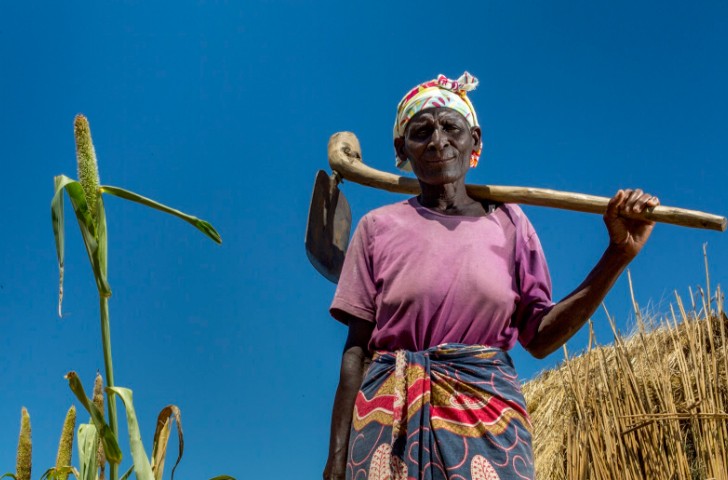Speeches Shim

STRENGTHENING RESILIENCY FOR SMALLHOLDER FARMERS
Agriculture forms the basis of the Malawian economy. It represents over 38 percent of Gross Domestic Product (GDP) and employs over 85 percent of the labor force. Unfortunately, the agriculture sector faces a litany of challenges: small land holdings, a poorly developed seed sector, weak agricultural extension services, limited access to finance, uncertainty due to climate change, significant policy constraints, and meagre irrigation infrastructure meaning a near-total dependence upon timely and sufficient rains.
Climatic and world price fluctuations of Malawi’s few cash crops for export (tobacco, tea, cotton, etc.) expose families and the economy to external shocks which can undermine economic growth. Partly as a result of these challenges, 70 percent of the population of Malawi lives below the poverty line. Through partnerships with the Government of Malawi (GoM), local and international non-governmental organizations, and the private sector, USAID is spearheading innovative programs to strengthen smallholder farmers’ economic and climatic resiliency.


Comment
Make a general inquiry or suggest an improvement.